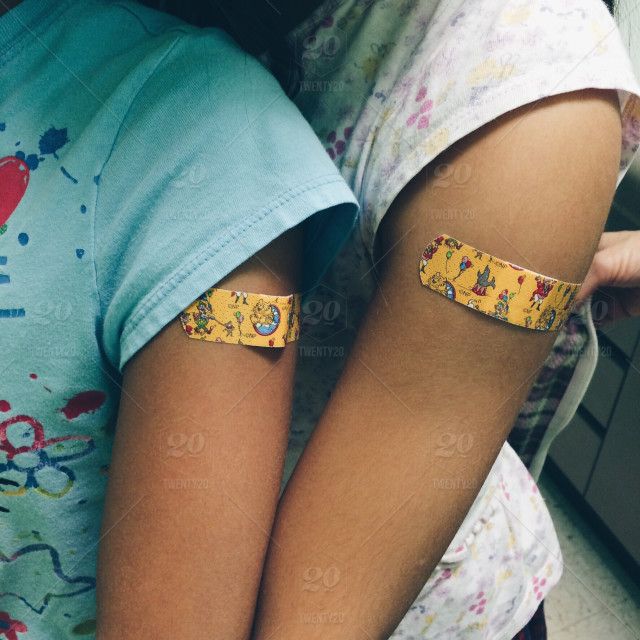What is Staphylococcus aureus (staph)?
Staphylococcus aureus, often referred to simply as "staph," are bacteria commonly carried on the skin or in the nose of healthy people. Approximately 25% to 30% of the population is colonized (when bacteria are present, but not causing an infection) in the nose with staph bacteria. Sometimes, staph can cause an infection. Staph bacteria are one of the most common causes of skin infections in the United States. Most of these skin infections are minor (such as pimples and boils) and can be treated without antibiotics (also known as antimicrobials or antibacterials). However, staph bacteria also can cause serious infections (such as surgical wound infections, bloodstream infections, and pneumonia).
What is MRSA (methicillin-resistant Staphylococcus aureus)?
Some staph bacteria are resistant to antibiotics. MRSA is a type of staph that is resistant to antibiotics like methicillin and other more common antibiotics such as oxacillin, penicillin and amoxicillin.
What is community-associated MRSA (CA-MRSA)?
Staph and MRSA usually causes illness in persons in hospitals and healthcare facilities, but it can affect people out in the community. MRSA infections that are acquired by persons who have not been recently (within the past year) hospitalized or had a medical procedure (such as dialysis, surgery, catheters) are know as CA-MRSA infections. Staph or MRSA infections in the community are usually manifested as skin infections, such as pimples and boils, and occur in otherwise healthy people.
How can I prevent staph or MRSA skin infections?
Practice good hygiene:
- Keep your hands clean by washing thoroughly with soap and water or using an alcohol-based hand sanitizer.
- Keep cuts and scrapes clean and covered with a bandage until healed.
- Avoid contact with other people’s wounds or bandages.
- Avoid sharing personal items such as towels or razors.
What should I do if I think I have a staph or MRSA infection?
See your healthcare provider.
Are staph and MRSA infections treatable?
Yes. Most staph and MRSA infections are treatable with antibiotics. If you are given an antibiotic, take all of the doses, even if the infection is getting better, unless your doctor tells you to stop taking it. Do not share antibiotics with other people or save unfinished antibiotics to use at another time.



